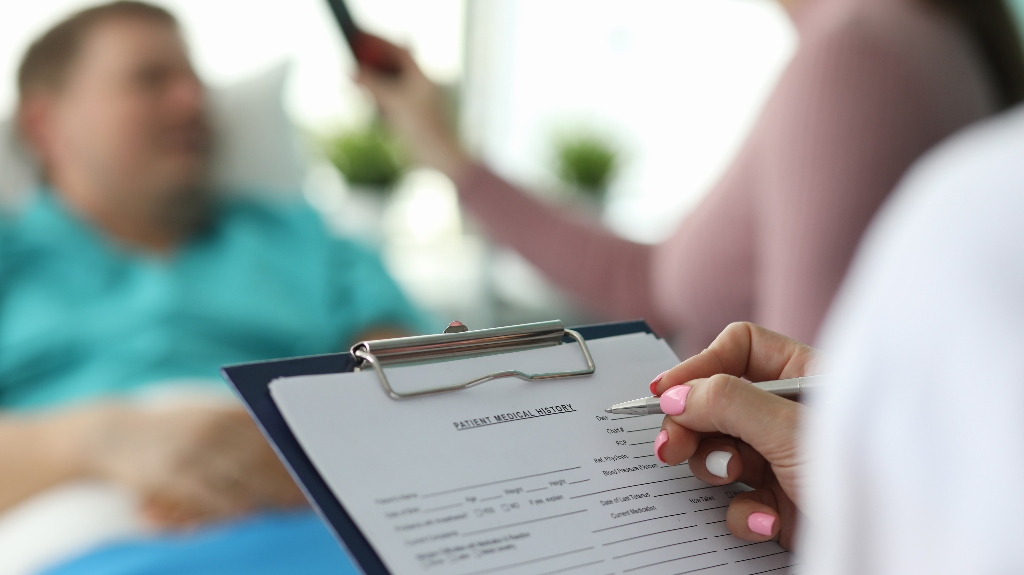
After you’ve suffered injuries in an Illinois car crash, you might pursue an insurance claim or lawsuit against an at-fault driver. You may have the right to seek compensation in a car accident claim for expenses or losses resulting from your injuries. Having comprehensive, compelling medical evidence to document your injuries can help you maximize your financial recovery in your case.
Understanding Medical Evidence in Car Accident Claims
When you file a car accident claim to recover compensation for injuries, you will need to present medical evidence to prove the existence and severity of those injuries to establish your right to compensation for medical treatment, long-term care, or lost wages. Examples of medical evidence you might use in a car accident case include:
- Notes from in-person exams
- Hospital records
- Medication charts
- Diagnostic test results
- Lab tests
- Imaging scans
- Provider notes
- Treatment plans
In addition to proving the existence and severity of injuries, medical evidence can also help prove causation when insurance companies or at-fault parties contest liability for injuries. For example, provider notes can offer explanations as to how the car accident could have caused a specific injury or how the crash aggravated or reinjured an old injury or pre-existing condition.
How Medical Evidence Strengthens Your Claim
Medical evidence can bolster a car accident claim by proving various required elements in your claim, such as:
- Providing objective evidence of the existence of an injury or objective data to evaluate the injury’s severity
- Establishing a causal link between the injuries and the car accident
- Documenting ongoing treatment and rehabilitation, or planning for future treatment to determine medical expenses
- Supporting a claim for compensation for pain and suffering based on symptoms, limitations, scarring, or disfigurement caused by the injuries
Steps to Preserve and Gather Robust Medical Evidence
Before you file a car accident claim in Illinois, steps you should take to gather and organize medical evidence for your case include:
- Seek medical treatment as soon as possible after the car accident, as delayed medical attention can weaken the link between your injuries and the accident.
- Follow your physician’s prescribed treatment plan, which can help demonstrate the severity of the injury by showing that you want to recover and demonstrate your efforts to mitigate losses by treating your injuries before they worsen without care.
- Keep copies of all bills, invoices, and receipts for medical treatment, rehabilitation, and long-term disability care you need for your car accident injuries.
- Request copies of your medical records throughout your treatment and rehabilitation.
- Retain medical experts to provide specialist opinions on complex or unique injuries or conditions and the long-term effects they may have.
Working with an Attorney to Present Medical Evidence

An experienced car accident lawyer can help you gather and organize medical evidence to present a compelling case to prove your injuries and financial losses. An attorney can interpret complex medical records and understand how they confirm the existence and severity of injuries. Attorneys can also coordinate with medical experts to provide deposition or trial testimony, explaining complicated medical concepts to the jury when disputes over causation or the necessity of treatment or rehabilitation arise.
Contact an Illinois Car Accident Lawyer Today
When you get hurt in a car accident in Illinois, proving the injuries you sustained and the extent of medical treatment you need for those injuries can help you secure a maximum financial recovery for your harm and loss. Contact Saperstein Law Group today for a free, no-obligation consultation with a car accident attorney to discuss the importance of medical evidence in proving your right to compensation for injuries you sustained in an Illinois crash.
